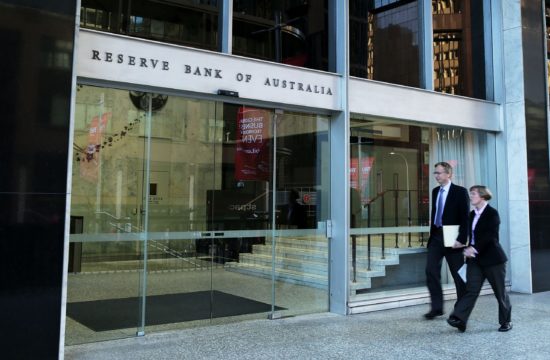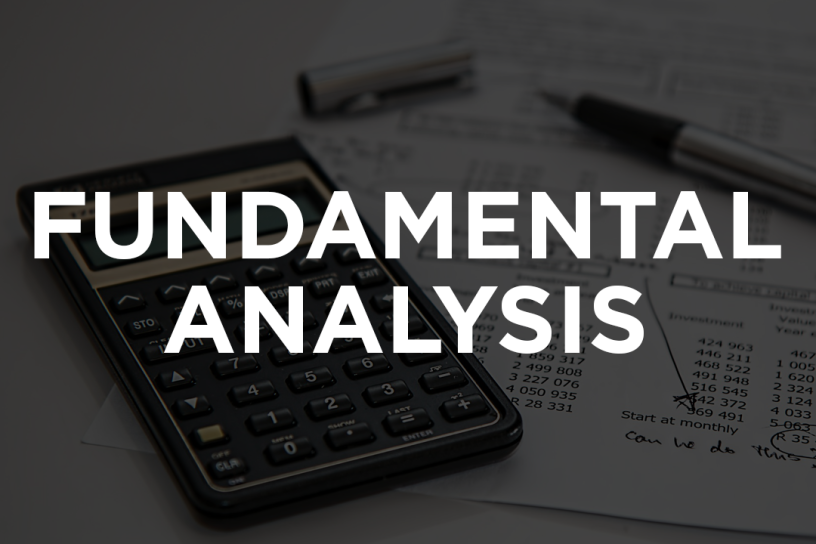Monetary policy review
Ingrid Wallin Johansson from the Markets Department informed the meeting of developments on the financial markets during the course of the day. Once again there had been substantial price falls on the European and US stock markets. On the Stockholm Stock Exchange, OMXS30 had fallen by around 8 per cent half an hour ago, in relation to the day before. In New York, equity trading was stopped soon after the market opened as the price index fell very heavily. Yields on German and Swedish government bonds have risen over the course of the day. This is probably a reaction to expectations of extensive fiscal policy stimulation measures, and a related increase in the supply of bonds. Swedish fixed-income markets have on the whole functioned poorly over the past few days. Many participants have wanted to sell bonds and almost none has wanted to buy. There have also been large price fluctuations on the foreign exchange markets during the day and the Swedish krona has weakened. A euro now costs more than SEK 11. The price of crude oil has also fallen further during the day and is trading around USD 30 per barrel.
Jesper Hansson, Head of the Monetary Policy Department, gave an account of the Riksbank’s analysis of the situation in the Swedish economy. The spread of the coronavirus has widespread humanitarian consequences and is affecting the Swedish and global economies to an increasing extent. To prevent the spread of infection, substantial measures have been taken over the past few days, both in Sweden and abroad. These mainly concern restrictions on travel, transports and public gatherings. The measures will have substantial consequences for real economic developments, with particularly severe disruptions in the aviation, hotel and travel industries. Swedish GDP is expected to fall by several per cent during the second quarter of this year, and employment is expected to decline substantially.
Meredith Beechey Österholm, Deputy Head of the Monetary Policy Department, said that with regard to developments on the financial markets, it is particularly worrying that Swedish fixed-income markets are currently functioning poorly. The difference in yield between corporate and government bonds has increased substantially and the same applies to the yield differential between mortgage bonds and government bonds. Some upturn in the yield differential could also be noted for bonds issued by Kommuninvest i Sverige AB.
It is important that the Riksbank now takes further measures to support economic developments and limit the negative effects the pandemic is having on the supply of credit in the Swedish economy. The proposal for measures drawn up involves:
- The interest rate on the Riksbank’s standing lending facility as of 18 March 2020 being cut to amount to the applicable repo rate plus 0.20 percentage points,
- The Riksbank offering, with effect from 18 March 2020, weekly extraordinary market operations with full allocation aimed at the Riksbank’s monetary policy counterparties.
- The Riksbank intending to extend the purchases of bonds by up to SEK 300 billion during the period March to December 2020. The purchases will where necessary include
a) Swedish nominal and real government bonds, in addition to the previously decided purchases of government bonds during this period,
b)bonds issued by Swedish municipalities and Kommuninvest i Sverige AB, and
c)covered bonds issued by Swedish institutions. - The Riksbank changing the limitations that apply to the collateral pledged by counterparties for credit with the Riksbank, meaning that the permitted share of covered bonds in a counterparty’s total collateral volume will be raised from 60 per cent to 80 per cent, with effect from 18 March 2020.
§4 Monetary policy decision
The Executive Board decided
- on further measures to promote liquidity in accordance with Annex A to the minutes,
- on bond purchases for monetary policy purposes in accordance with Annex B to the minutes,
- on amendments to the limitations regarding collateral in accordance with Annex C to the minutes,
- to publish the monetary policy decision with the motivation for it in a press release on Monday, 16 March 2020, no later than 8 pm,
- to publish the minutes from today’s meeting at 9.30 am on Thursday 26 March 2020.














